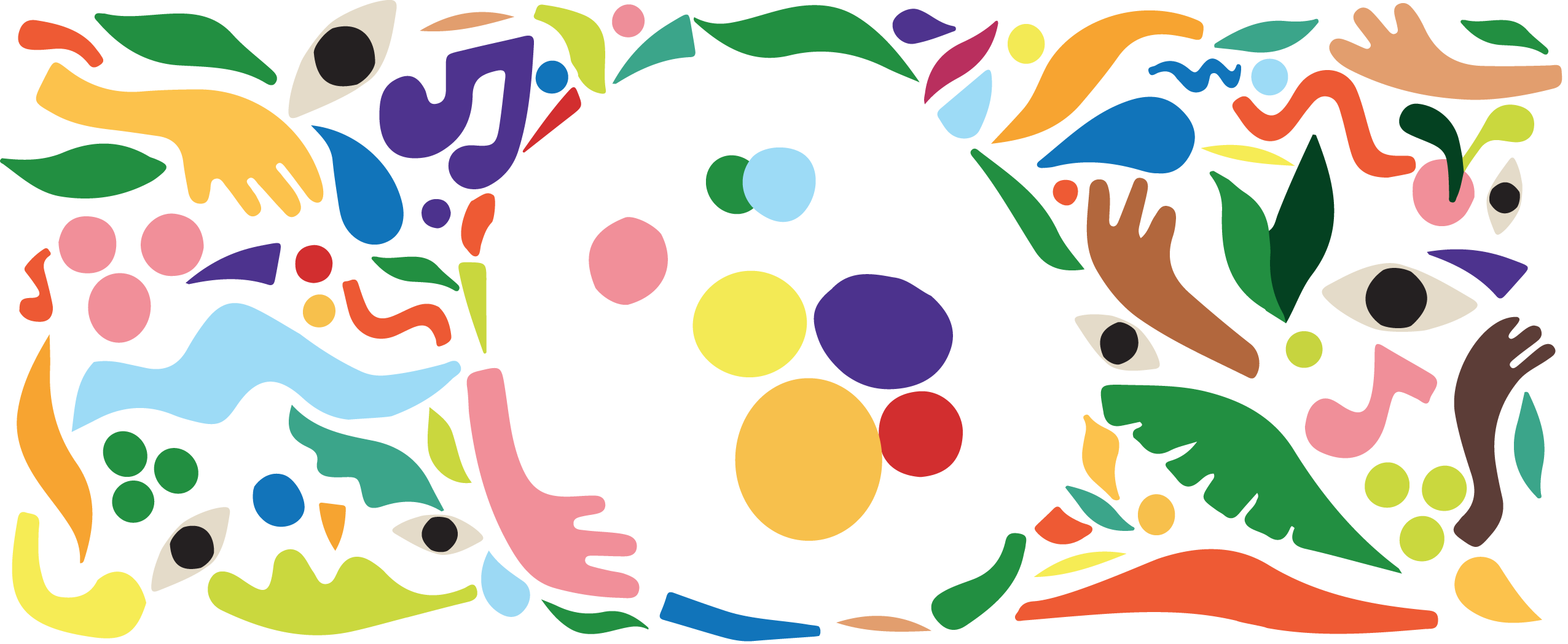Transculturalità, identità-relazione e rizomatizzazione autoriale in Édouard Glissant, Luigi Meneghello e Salman Rushdie
DOI:
https://doi.org/10.13133/2532-1994/19079Abstract
L’articolo intende studiare come la transculturalità non sia solo uno strumento interpretativo ascrivibile ai cultural studies, ma influenzi la scrittura da un punto di vista poetico e narratologico. In particolare, vengono comparati i casi di Édouard Glissant, Luigi Meneghello e Salman Rushdie, tre autori caratterizzati dall’attraversamento sociale e antropologico dei confini linguistici e sociali del campo transnazionale della letteratura. Nelle loro opere la transculturalità si lega a una forte intenzionalità poetica, che dà vita a romanzi-mondo caratterizzati da un narratore-rizoma. Si studiano due processi complementari: da un lato il narratore onnisciente (spesso alla prima persona) intreccia le differenti voci e storie di un discorso polifonico; dall’altro, si disfa in una pluralità di figure e personaggi che hanno veri ruoli attanziali lungo la narrazione. Queste linee di ricerca sono sviluppate attraverso uno studio comparato della produzione saggistica dei tre autori, contestualizzata con differenti voci critiche e teoriche sul tema, dai cultural studies alla narratologia.
##submission.downloads##
Pubblicato
Come citare
Fascicolo
Sezione
Licenza
Copyright (c) 2025 Novecento transnazionale. Letterature, arti e culture
2
Questo articolo è soggetto a licenza Creative Commons Attribution 3.0 Unported License.

Except where otherwise noted, the content of this site is licensed under a Creative Commons Attribution 3.0 Unported License.


